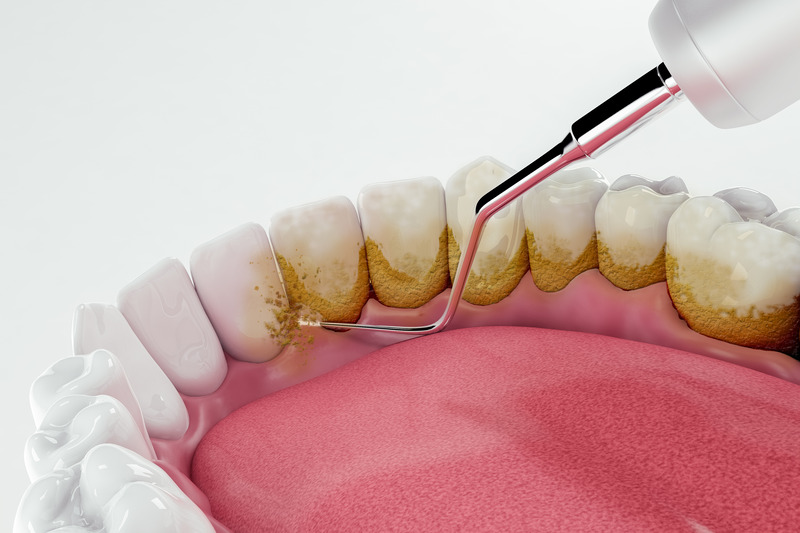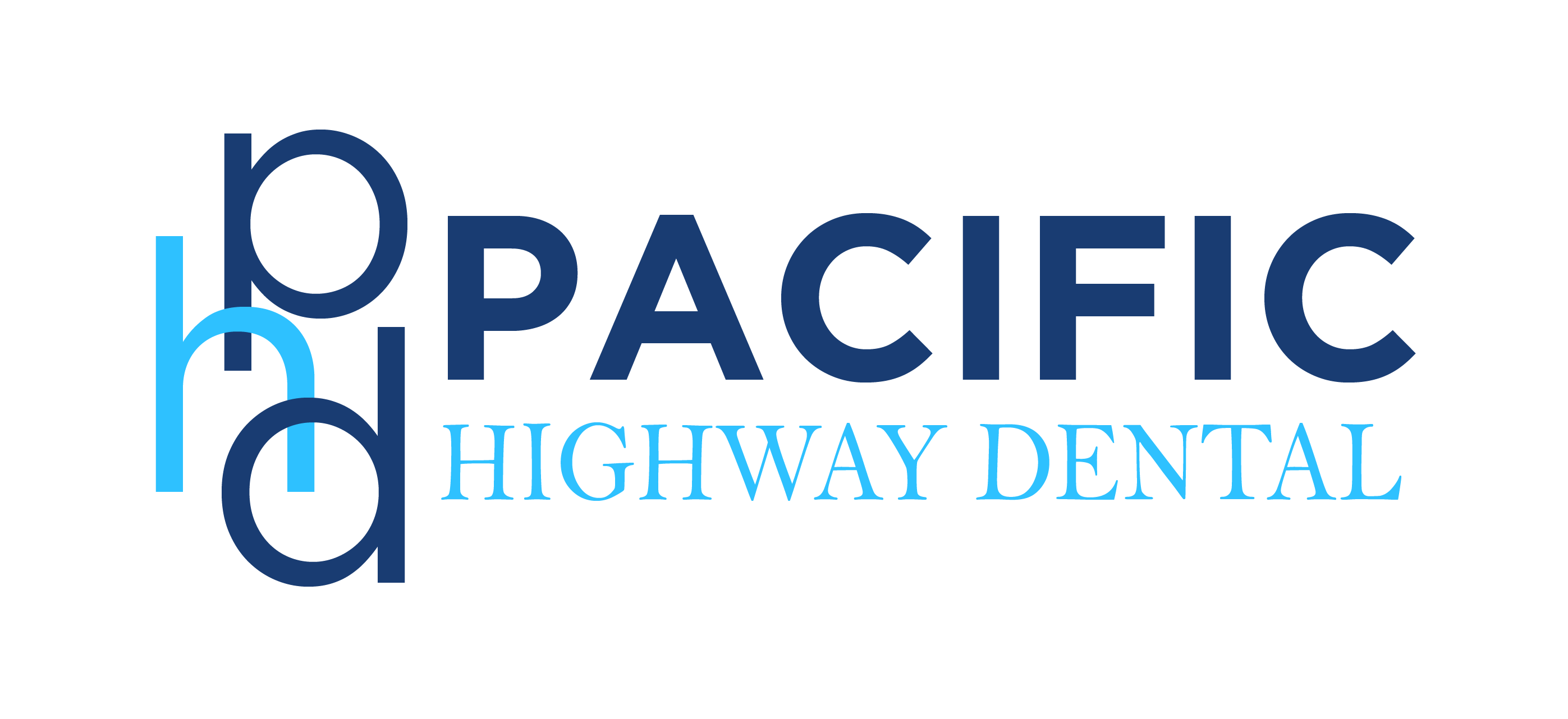Cleaning
Regular dental cleanings should be a vital aspect of good oral hygiene. In addition to keeping your teeth and gums healthy, regular dental cleaning allows your dentist to provide preventative care and detect any issues like cavities or gingivitis that can be treated in the early stages itself.
A teeth cleaning is a painless and straightforward procedure. Many people fear teeth cleanings. By visiting your dentist once every six months for a dental cleaning.
You can keep your teeth and gums in perfect condition and also avoid developing major dental problems in the future.
What is included in Cleanings?
- Physical exam: A dental hygienist performs most of the teeth cleanings. A thorough physical exam of your entire mouth is conducted before the actual cleaning process is started. The teeth are scrutinized for any signs of gingivitis or any other possible concerns. If any significant problems are detected, the required medication is provided.
- Extraction of Plaque and Tartar: With the help of a scaler, a dentist gets rid of tartar and plaque from between the teeth and around the gum line. The build-up and hardening of the tartar can be prevented by proper brushing and flossing more often.
- Persistent Toothpaste Cleaning: The dentist brushes the teeth with a high-powered electric brush after the teeth are free of tartar. Professional cleanings make use of toothpaste that has a gritty consistency that gently scrubs your teeth and removes the debris and stains.

- Expert flossing: An expert flossing session cannot be compared with regular flossing. Professional flossing includes the deep cleaning between the teeth, and any potential trouble spots where you might bleed at the gums could be detected. Any residual plaque or toothpaste from the earlier cleaning process can also be removed.
- Rinsing: The next step in the cleaning process is to rinse out your mouth with a liquid fluoride to eliminate any debris.
- Fluoride Treatment: This process is the last step of the cleaning treatment, and it helps protect your teeth from fighting against cavities for a particular duration of time. In this procedure, a foamy layer of gel is applied over your teeth. Apart from the gel, a fluoride varnish is also smeared onto the teeth. This fluoride varnish will harden when it comes in contact with the saliva in the mouth.
What are the advantages of Dental Cleaning?
- One of the most apparent advantages of regular check-ups and cleanings is that cavities can be avoided. Moreover, teeth cleanings are also a much more satisfying experience than having dental caries filled.
- Dental cleanings greatly reduce the probabilities of a patient losing their teeth due to gum disease. In gum diseases, the plaque moves down into the tooth’s roots and destroys the supporting bone tissues of the jaw. Due to this, the teeth become loose and begin to fall out.
- Dental cleaning prevents the accumulation of bacteria in the mouth that are responsible for causing foul breath. Though brushing and flossing the teeth regularly can help keep the breath fresh, a professional dental cleaning once every six months is also essential for maintaining an odor-free oral environment.
- Regular dental cleanings will ensure that the patient has whiter, brighter teeth with fewer stains and far less plaque and tartar.
Regular dental cleanings will ensure that the patient has whiter, brighter teeth with fewer stains and far less plaque and tartar.



